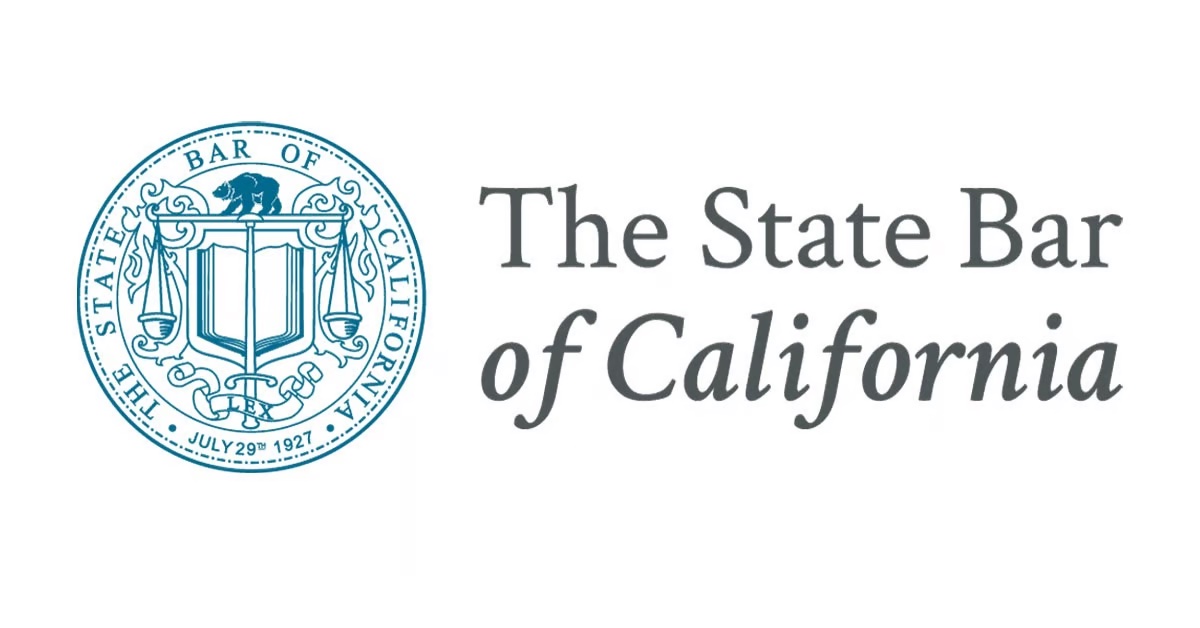and Probate Law Firm
No Contest Clauses
As an experienced Folsom estate planning lawyer, I generally include “no contest” clauses in my estate planning documents for my clients. An estate planning “no contest clause,” also known as an “in terrorem clause” or “no contest provision,” is a legal provision that can be included in a will or trust document to discourage beneficiaries from challenging the terms of the document. The clause typically states that if a beneficiary challenges the validity of the will or trust, their inheritance may be forfeited or reduced. The specific consequences for contesting the document will vary depending on the language of the clause.
Here are some key points to understand about no contest clauses in estate planning:
- Deterrence: The primary purpose of a no contest clause is to discourage beneficiaries from contesting the will or trust by making them aware of the potential consequences. This is often done to maintain peace among family members and to ensure the testator’s wishes are carried out as intended.
- Consequences: The consequences for challenging the document can vary. Some no contest clauses may completely disinherit the challenging beneficiary, while others may reduce their share of the estate. The specific consequences should be clearly outlined in the document.
- Validity: The validity and enforceability of no contest clauses can vary by jurisdiction. Some jurisdictions have laws that restrict the enforceability of these clauses, while others uphold them as long as they are clear and not contrary to public policy. In California, such clauses are generally upheld so long as they are not contrary to public policy.
- Grounds for Contest: Typically, a no contest clause will apply if a beneficiary contests the will or trust without valid grounds. Valid grounds for contesting a document may include lack of testamentary capacity, undue influence, fraud, forgery, or improper execution.
- Good Faith Challenges: Some jurisdictions may protect beneficiaries who challenge a will or trust in good faith and with valid reasons. In such cases, the no contest clause may not be enforced. In California, these rights are protected, but the court will scrutinize the validity of the claim.
- Drafting and Legal Advice: If you wish to include a no contest clause in your estate planning documents, it’s crucial to consult with an attorney who specializes in estate planning. They can help you draft the clause correctly and ensure it complies with local laws.
- Public Policy Considerations: As stated above, some jurisdictions may have public policy concerns about disinheriting beneficiaries for contesting a will or trust, especially if there are legitimate concerns about the document’s validity. In such cases, courts may be less inclined to enforce the clause. However, courts also want to ensure that the deceased’s wishes are honored. As such, it is a balancing act between the two.
Conclusion
In summary, a no contest clause in an estate planning document is a legal tool that can discourage beneficiaries from challenging the document. However, their validity and enforceability can vary by jurisdiction, and the specific consequences for contesting the document should be clearly stated in the clause. It’s essential to seek legal advice from an experienced Folsom estate planning lawyer when including such clauses in your estate planning. If you have any questions about no contest clauses, contact Thapar Law at 916-579-0605 or send us a message.







